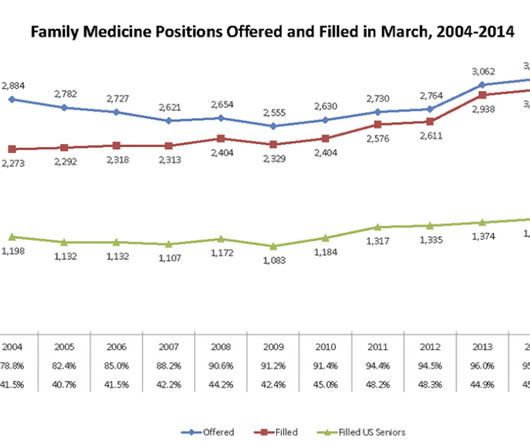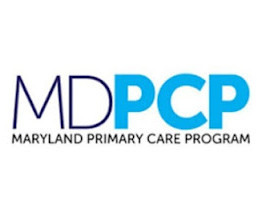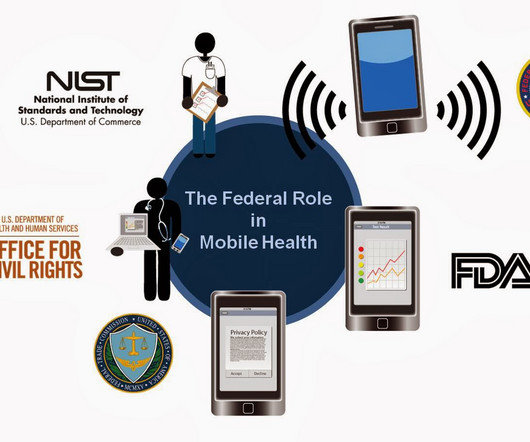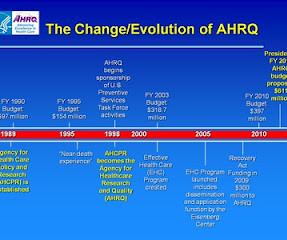Forecasting and adapting to the family medicine workforce shortage
The Health Policy Exchange
MARCH 26, 2014
In the mid-1990s, the American Medical Association confidently predicted that the penetration of managed care would lead to a large "physician surplus" and convinced Congress to cap the number of graduate medical education (GME) positions subsidized by the Medicare program. Kenny Lin, MD, MPH Director, Robert L.













Let's personalize your content